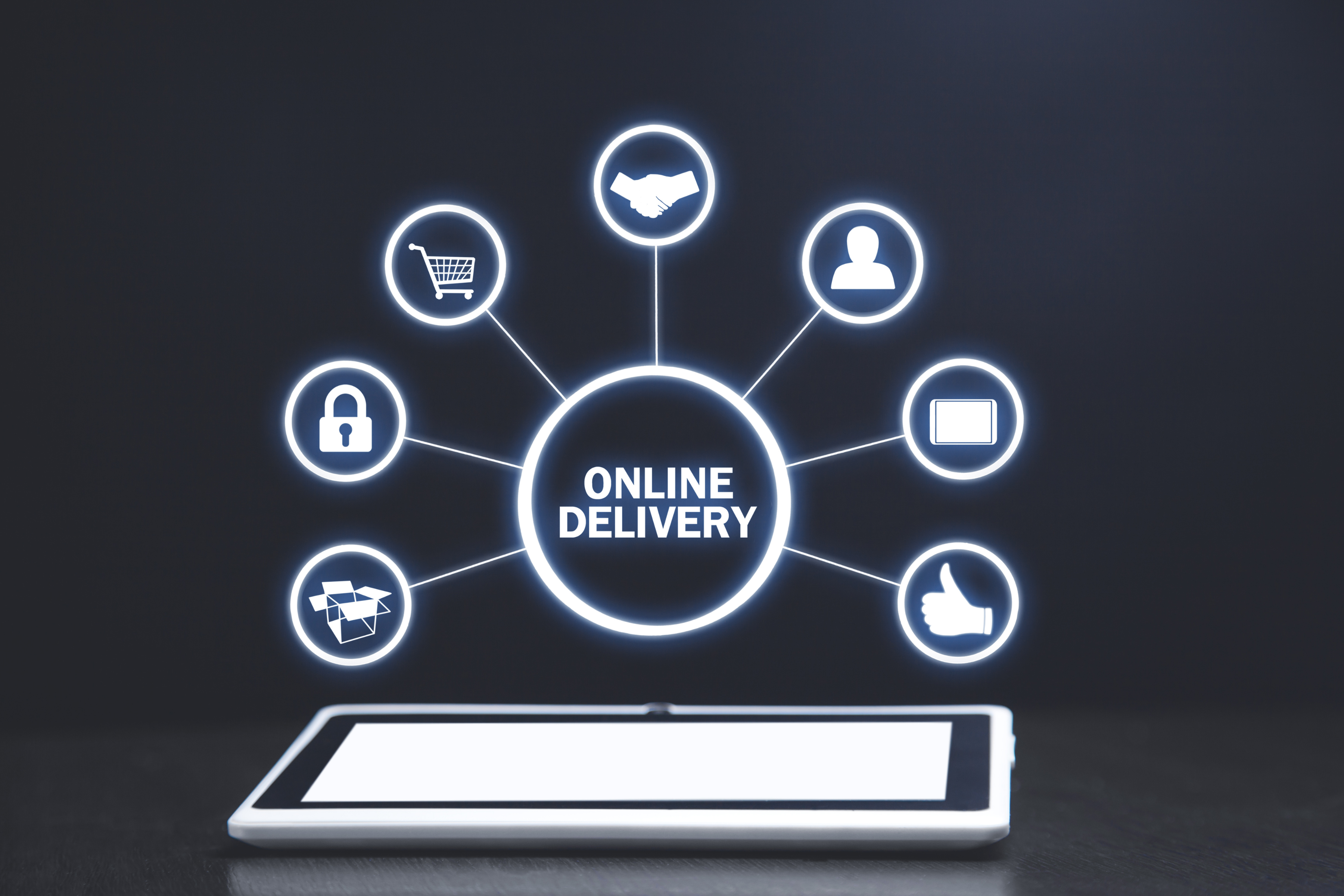In the competitive world of e-commerce, seamless communication plays a critical role in ensuring customer satisfaction, streamlining operations, and driving sales. As online businesses grow, the need for robust telecommunication solutions becomes indispensable. Companies like Reliable Communications offer tailored telecommunication services that empower e-commerce businesses to stay connected and efficient.
Here’s why telecommunication solutions are vital for the success of e-commerce businesses.
1. Enhancing Customer Support
Prompt and efficient customer support can make or break an e-commerce business. Telecommunication solutions like IVR (Interactive Voice Response) and telecalling services enable businesses to handle customer queries quickly and efficiently.
- IVR Systems: Automate call routing, reducing wait times and ensuring customers are connected to the right department.
- Telecalling Services: Offer personalized support, building trust and enhancing the customer experience.
Reliable Communications ensures these systems are tailored to meet the unique needs of your e-commerce platform.
2. Streamlining Order and Delivery Communication
Clear communication during the order and delivery process is essential. Telecommunication tools such as missed call alerts and SMS updates keep customers informed about their order status, from confirmation to delivery.
- Order Notifications: Real-time SMS updates ensure customers are never left guessing about their purchases.
- Delivery Alerts: Proactive communication reduces the chances of missed deliveries and increases customer satisfaction.
3. Driving Marketing Campaigns
Telecommunication plays a pivotal role in e-commerce marketing strategies. Bulk SMS and WhatsApp Marketing are cost-effective methods to promote products, announce sales, or send personalized offers.
- Bulk SMS Campaigns: Reach thousands of customers instantly with time-sensitive deals.
- WhatsApp Marketing: Engage customers with interactive and personalized messaging, enhancing brand loyalty.
Reliable Communications offers tools that help e-commerce businesses execute targeted marketing campaigns effectively.
4. Improving Internal Communication
Efficient internal communication is crucial for smooth operations in e-commerce businesses. Cloud telephony systems enable teams to stay connected, whether they’re handling inventory, coordinating with suppliers, or managing customer inquiries.
- Centralized Communication: Manage calls, voicemails, and messages from a single platform.
- Team Collaboration: Enable seamless communication between departments for better efficiency.
5. Boosting Customer Retention
Staying connected with customers post-purchase is key to building long-term relationships. Telecommunication solutions like automated follow-up calls or feedback surveys can help e-commerce businesses gather insights and show customers they care.
- Follow-Up Calls: Express gratitude for purchases and offer assistance if needed.
- Feedback Surveys: Collect customer opinions to improve services and build loyalty.
Why Choose Reliable Communications?
Reliable Communications understands the unique challenges of e-commerce businesses and provides customized telecommunication solutions to address them. With expertise in IVR systems, bulk SMS, telecalling, and WhatsApp marketing, they ensure your business stays connected with customers at every stage of their journey.
By integrating Reliable Communications’ solutions, your e-commerce business can:
- Deliver exceptional customer experiences.
- Streamline operations.
- Execute impactful marketing campaigns.
- Foster long-term customer relationships.








